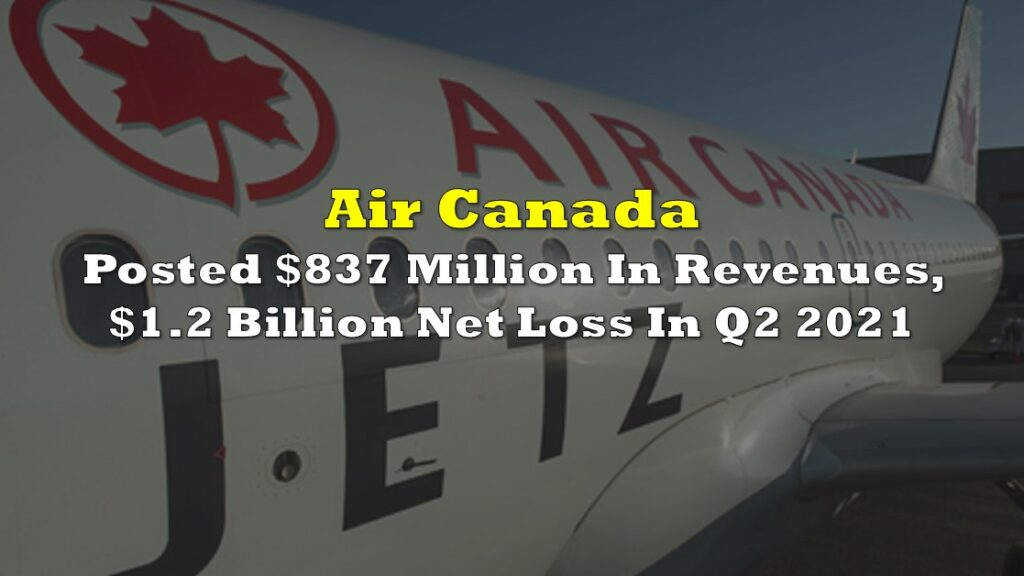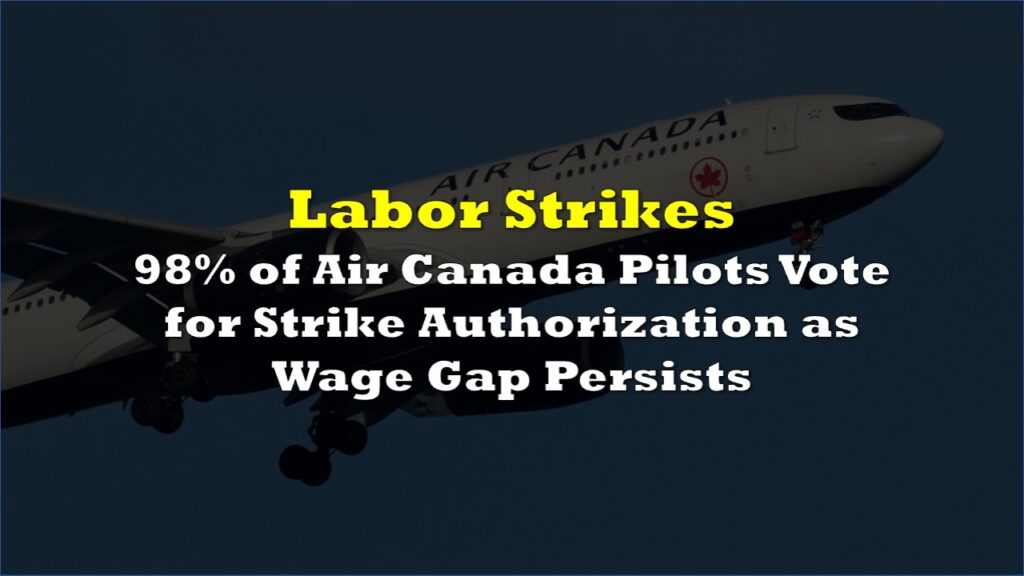The Canadian Federation of Independent Business (CFIB) has raised concerns about the potentially devastating effects of a looming work stoppage at Air Canada, as the airline faces a labour dispute with its pilots. As negotiations between Air Canada and the Air Line Pilots Association (ALPA) continue, the possibility of flight disruptions could send shockwaves through Canada’s economy, particularly for small businesses.
Air Canada, the nation’s largest airline, serves as a vital conduit for both passenger travel and cargo transport across the country and internationally. Each day, nearly 120,000 travelers rely on Air Canada to reach their destinations, and many of these trips are tied to business and tourism. The Canadian tourism and hospitality industries, already struggling to recover from the impacts of the COVID-19 pandemic, are facing an especially critical juncture as the summer travel season comes to an end.
With the prospect of a strike, there are growing concerns that tourism-dependent businesses could lose out on one of the most important periods of the year.
“The end of the summer season is critical for our members in hospitality and tourism, and any disruption now could spell disaster for businesses that are already hanging by a thread,” said Dan Kelly, President of the CFIB.
But the effects go beyond leisure and tourism. A work stoppage at Air Canada would also impact the transportation of vital goods, including medical supplies, manufacturing components, and time-sensitive cargo. Even a single day of halted operations could lead to weeks of backlogs and logistical challenges.
Small businesses, particularly those that rely on just-in-time delivery of goods or are connected to international markets, are especially vulnerable. As Canada’s transportation infrastructure continues to recover from the strain of the pandemic, many businesses have only recently stabilized supply chains. Disruptions at this stage could unravel months of progress.
“Many small firms depend on Air Canada not just for travel but to connect their goods, employees, and customers. If those connections are broken, it can take weeks or even months for businesses to recover,” Kelly emphasized. “The knock-on effects can be catastrophic, particularly for small businesses that operate with limited cash flow or inventory.”
The CFIB has been vocal in calling for government intervention, pointing to the broader economic consequences of transportation shutdowns.
“With our two major railways also experiencing recent strikes, we cannot afford to see our transportation networks paralyzed again,” Kelly warned.
Disruptions and stalemates
The current labour dispute at Air Canada follows closely on the heels of strikes at Canada’s two largest rail companies earlier this year, which caused delays in freight shipments across the country. Those strikes disrupted industries from agriculture to manufacturing, illustrating the broader implications that transportation labour disputes can have on the economy.
For small businesses, particularly those located in rural or remote areas that depend heavily on consistent transportation access, any further disruption could be disastrous. Many rural regions rely on air travel for goods that cannot be easily transported by road or rail, making Air Canada a critical link.
In addition to logistical challenges, the ripple effects on small businesses could include reduced employee productivity, missed sales opportunities, and increased operational costs as firms scramble to find alternative shipping or transportation solutions.
The CFIB has called on the federal government to be prepared to intervene if negotiations between Air Canada and ALPA do not result in a swift resolution. The use of back-to-work legislation or binding arbitration is being floated as potential remedies to avert a long-term shutdown.
In recent years, such government interventions have become more common in labor disputes that have wide-reaching economic impacts, though they often come with political and legal challenges.
There is precedent for government involvement in preventing transportation strikes that would have a significant effect on the economy. For example, in 2018, the Canadian government passed back-to-work legislation to end a postal strike, citing the broader impact on small businesses, healthcare services, and e-commerce.
While some critics argue that back-to-work legislation infringes on workers’ right to strike, supporters claim that it is a necessary step to safeguard the economy from severe disruptions.
“The government has a responsibility to make sure that small businesses and our economy don’t suffer because of a dispute between Air Canada and its pilots,” Kelly said.
The pilots, represented by ALPA, are seeking better pay and working conditions, citing the increased demand for air travel post-pandemic and the financial recovery of the airline. With many airlines facing pilot shortages globally, Air Canada’s pilots are in a strong bargaining position.
However, the longer the negotiations drag on without a resolution, the more the risk of disruption increases, which could leave businesses and consumers caught in the middle.
Information for this story was found via the sources and companies mentioned. The author has no securities or affiliations related to the organizations discussed. Not a recommendation to buy or sell. Always do additional research and consult a professional before purchasing a security. The author holds no licenses.









